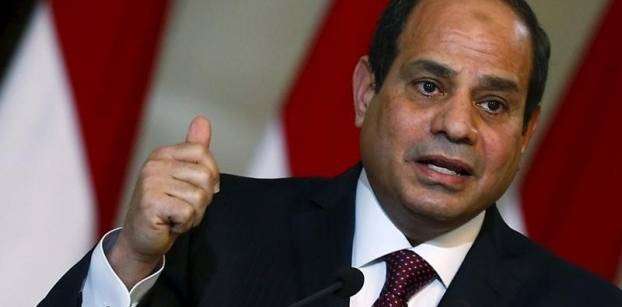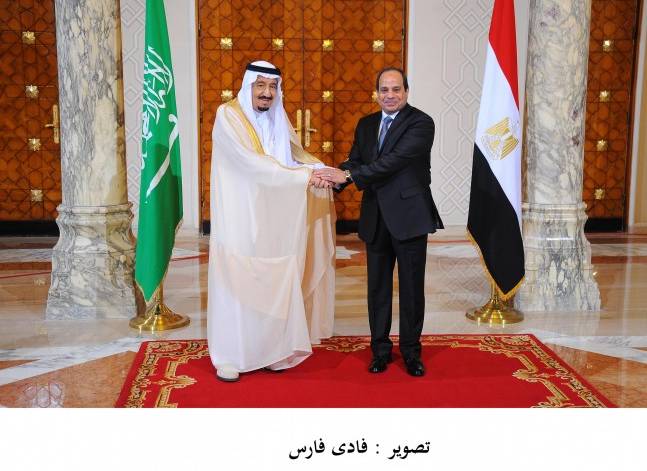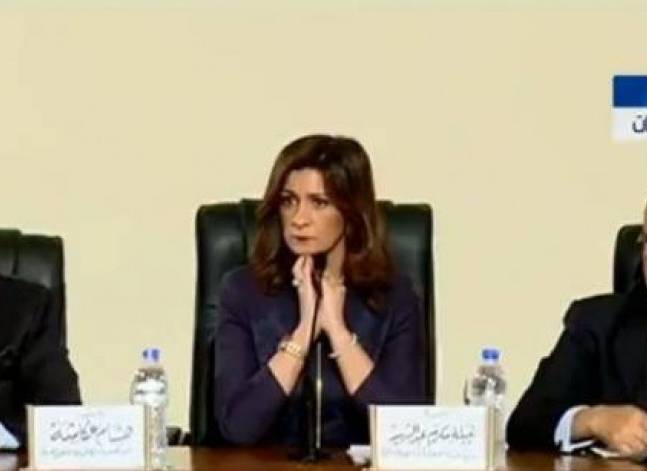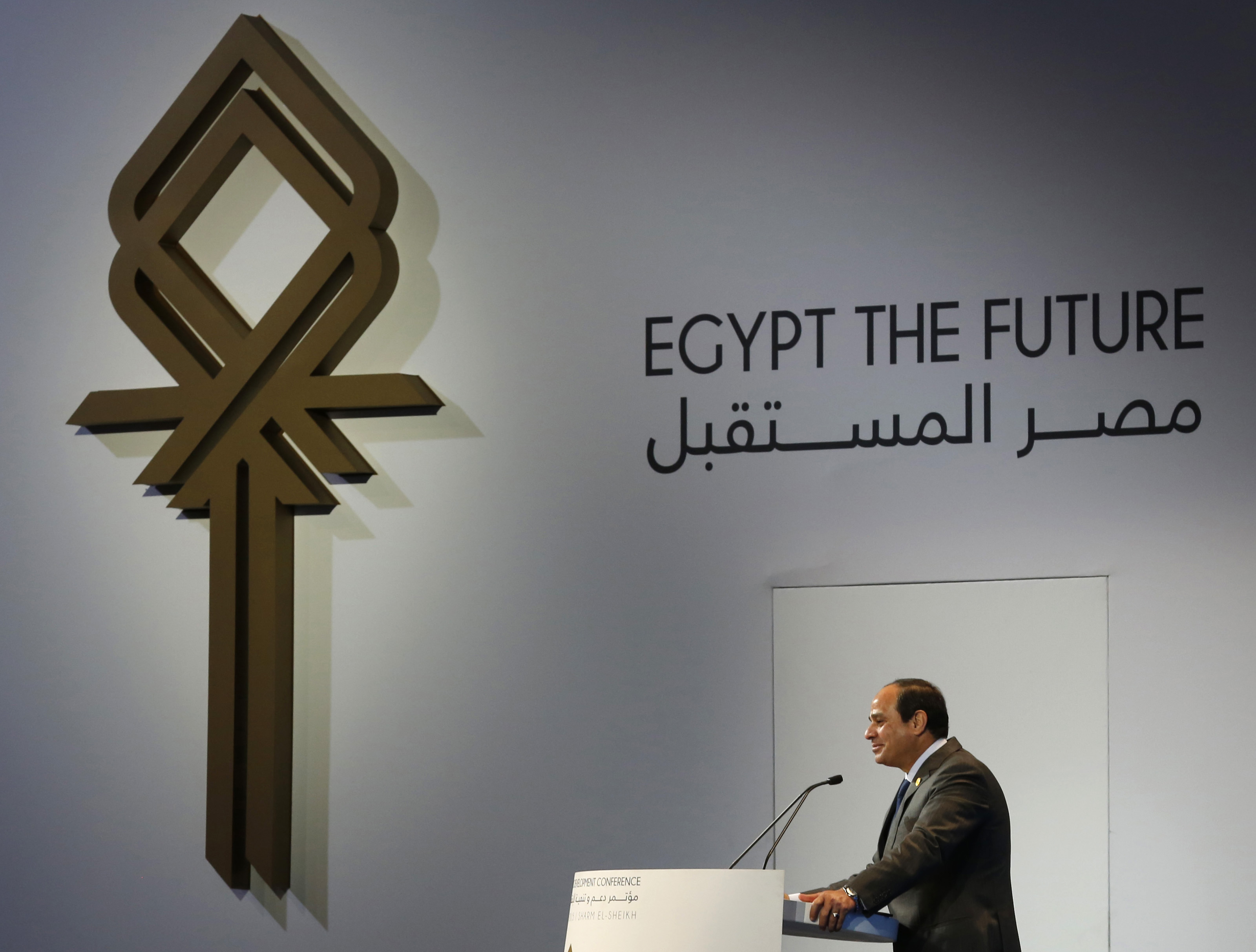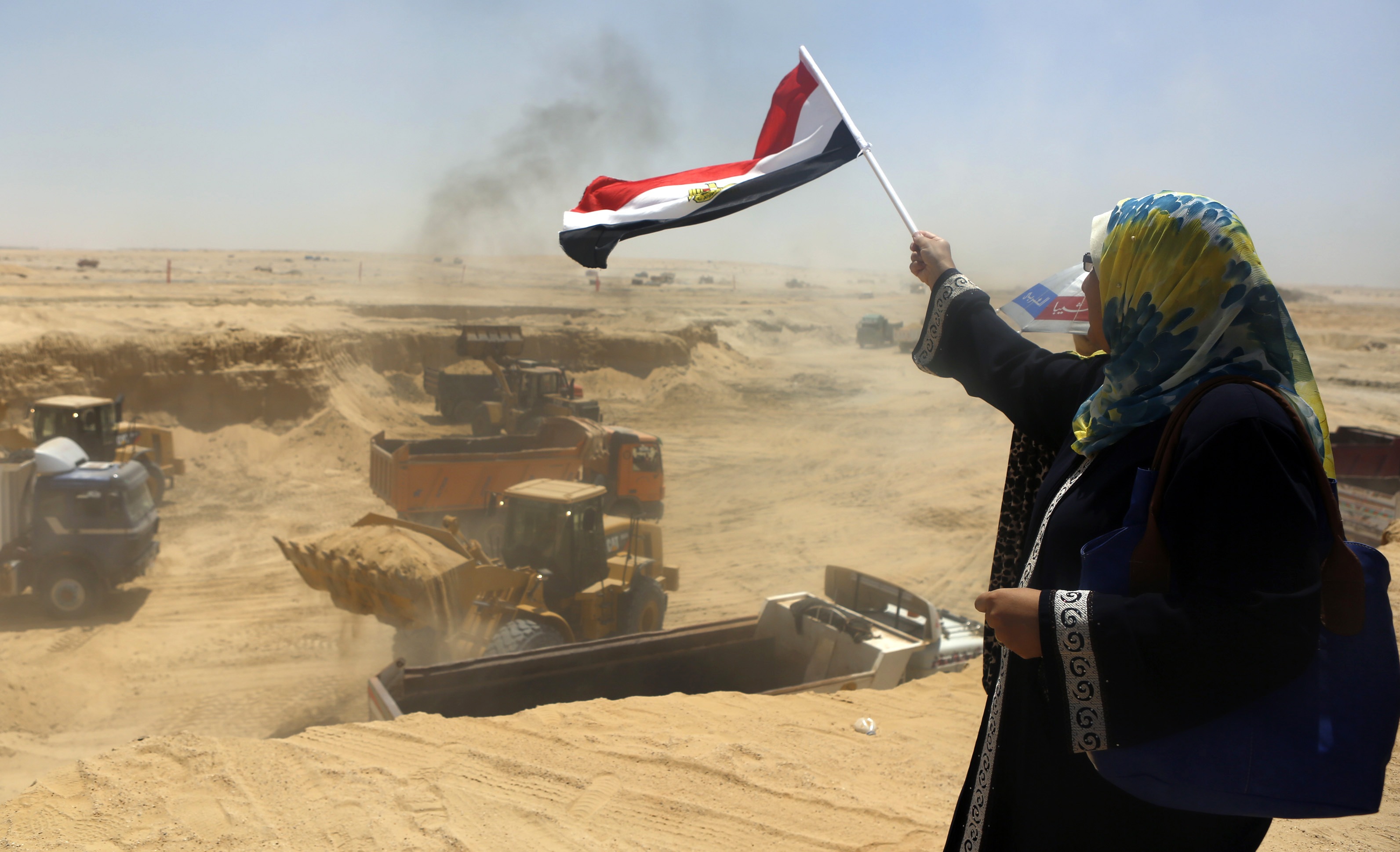Latest NEWS
- Aswat Masriya, the last word
- Roundup of Egypt's press headlines on March 15, 2017
- Roundup of Egypt's press headlines on March 14, 2017
- Former Egyptian President Hosni Mubarak to be released: lawyer
- Roundup of Egypt's press headlines on March 13, 2017
- Egypt's capital set to grow by half a million in 2017
- Egypt's wheat reserves to double with start of harvest -supply min
- Roundup of Egypt's press headlines on March 12, 2017
Egypt's president allocates land free of charge to investors for 'industrial development'
CAIRO, Apr. 12 (Aswat Masriya) – Egyptian President Abdel Fattah al-Sisi issued a decree Tuesday delineating "industrial areas" in Upper Egypt that can be allocated to investors free of charge in a move intended to boost investment amid a struggling economy.
The decree was published in the state's official newspaper on Tuesday.
The decision is premised on Article 74 of Egypt's investment law which stipulates that for a period of five years starting April 2015, government-owned land and real estate can be allocated free of charge to investors who satisfy certain technical and financial capabilities for development purposes.
The land will be determined pursuant to a decree by the president upon the approval of the cabinet.
In the event of high levels of competition among investors to acquire such an opportunity, a lottery mechanism will be followed, according to Article 74.
The land delineated by Tuesday's decree includes areas in Upper Egypt located in the provinces of Minya, Assiut, Sohag, Qena, Aswan and the New Valley.
The investment law was amended following Egypt's Economic Development Conference that took place in Sharm el-Sheikh in March, 2015.
The large-scale economic conference aimed at attracting foreign investments. The multinational banking and financial services corporation, Bank of America, estimated the value of investment agreements signed at the conference to be around $10 billion.
Egypt has been attempting to revive local and foreign investment following years of economic and political unrest.
At the start of 2016, the World Bank lowered its expectation for the economic growth rate in Egypt for the fiscal year 2015/2016 by 0.7 per cent compared to its forecast last June, warning of the implications of the Russian jetliner's crash for the tourism industry and foreign currency shortage.
The Russian jetliner's crash late October in the Sinai, which resulted in the death of all 224 passengers on board, prompted a significant decline in the number of tourists visiting Egypt.
The state-run Central Agency for Public Mobilisation and Statistics (CAPMAS) estimated the drop in the number of tourists to be 45.9 per cent in February compared to the same time last year.
Egypt has been witnessing a foreign currency crisis due to pressures on its reserves as a result of a weakening tourism sector in addition to the decline in Suez Canal revenues.

